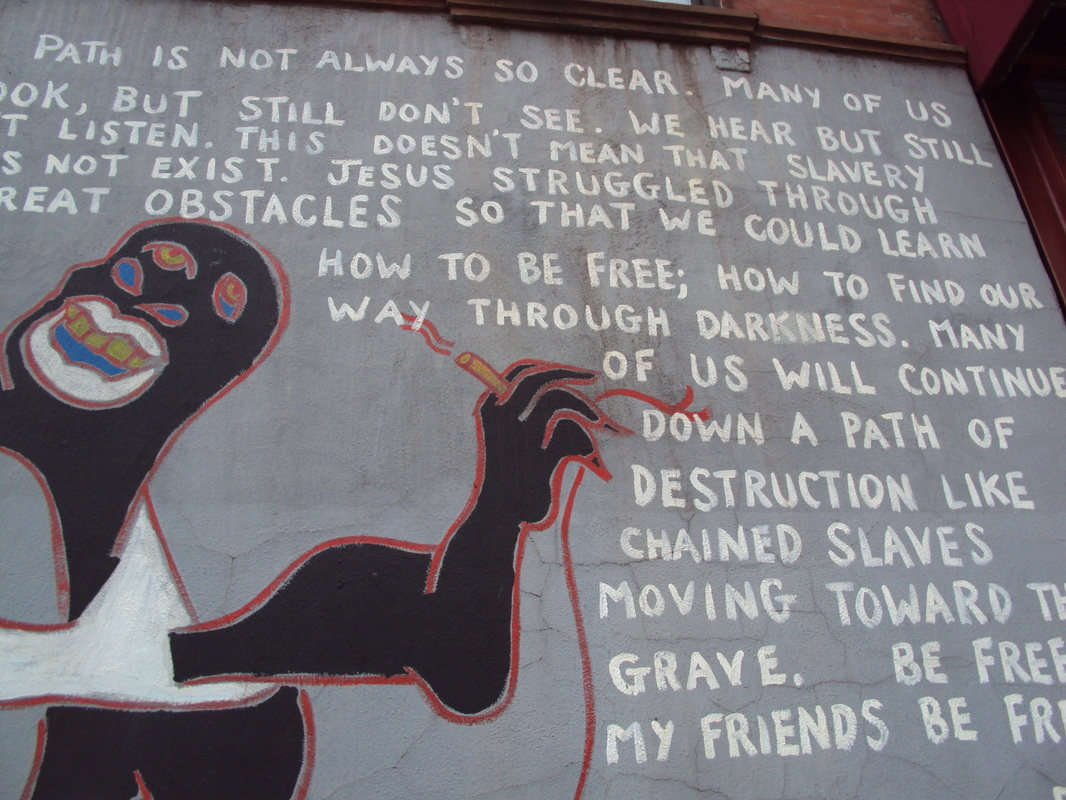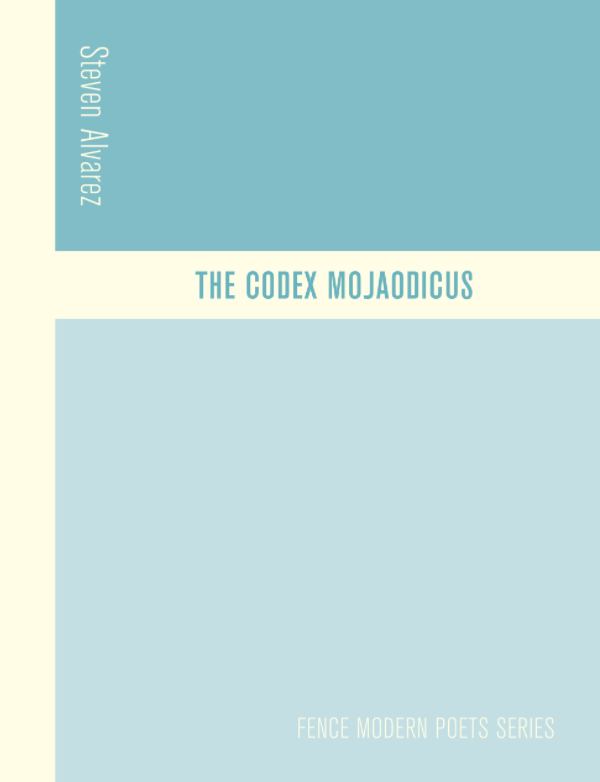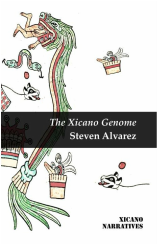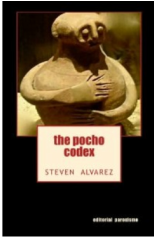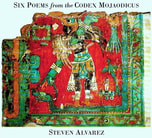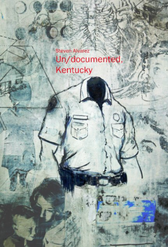lives in Spanish Harlem
El Barrio
Spaha as gentrifying realtors around 116th call her barrio
Belinda’s perspective as she comes of age in NYC
ages nine to thirteen
her adventures with friends around the Barrio
sees a dead body on 126th when she’s ten . . .
her family’s overdetermined acculturation
narration as it follows “linear” path of becoming American
Belinda’s hermano in prison
another the military
Belinda’s growth into womanhood . . .
Belinda’s subtractive schooling
immigrant and minority and expected to lose her strength
her family, deny her roots
for her “educational development”
subtract her language
Spanish deficit
and her maestra Ms. R . g . e .
picked up her chalk
wrote the morning’s assignment
bonita Belinda’s fear of that rule
no Spanish allowed in Ms. R . g . e .’s classroom
“None of that." Blink.
“If you are ever going to be good Americans speak. Like. Me.
“You’ll never amount to anything unless you learn.
“You want to be like your parents?”
Blink.
“Is that what you want?” Waiting . . . for an answer . . .
“No.”
“No, who?”
“No Ms. R . g . e .”
And Belinda looked at her brown hands
“When I was a child we could look up to our parents . . .”
And Belinda said to herself
Mami esto no es no es no es
this story . . . repeats
and Belinda
looks up at the flag
hears horns honking outside
Spanish in the wind
and imagines her mother cleaning
apartments downtown
